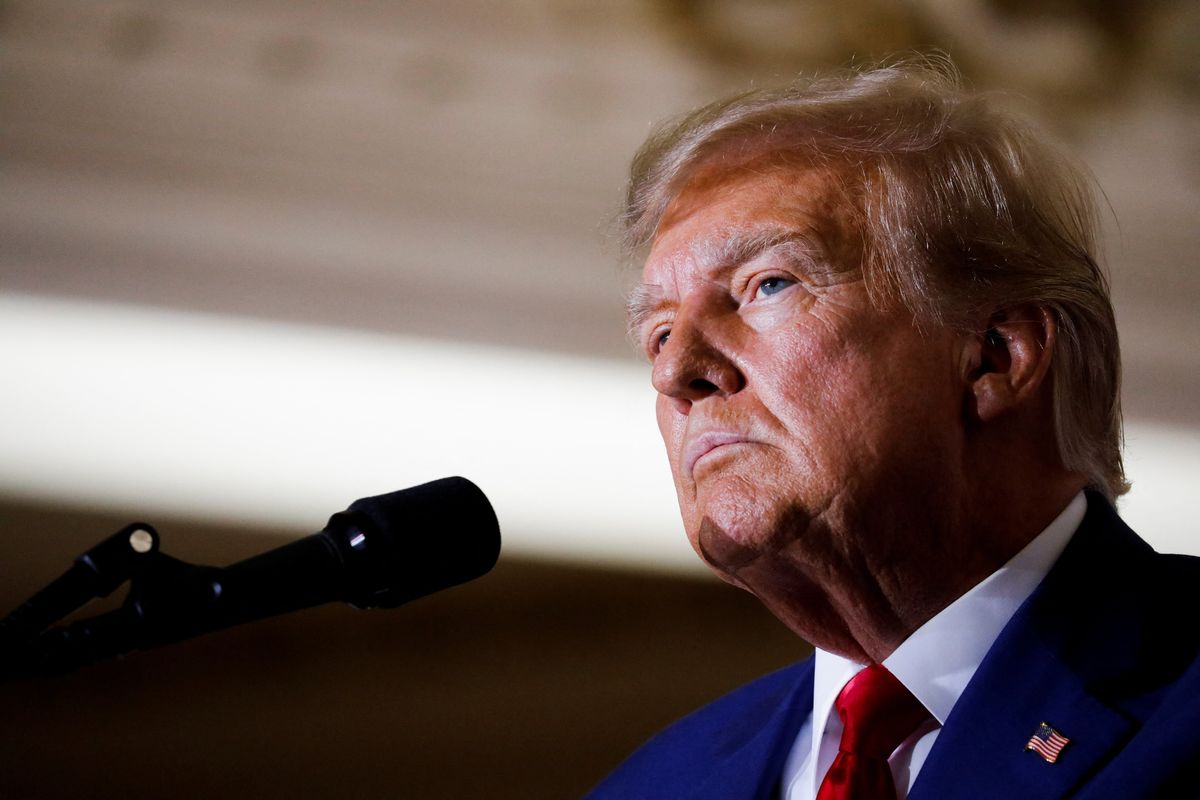Riley is a writer and reporter for GZERO. When she isn’t writing about global politics, you can find her making GZERO’s crossword puzzles, conducting research on American politics, or persisting in her lifelong quest to learn French. Riley spends her time outside of work grilling, dancing, and wearing many hats (both literally and figuratively).
The announcement comes on the heels of Trump’s legal team filing an appeal delaying the DC court trial over charges that he plotted to overturn the election. The trial's fast-tracked timeline sought to reach a ruling before the first Republican primary on Jan. 15, 2024. Rather than being heard on Jan. 2, the case is now set for March 4, the day before Super Tuesday, the largest voting day of the primary season.
The appeal argues that Trump is immune from any Jan. 6-related charges because he was president at the time. In reality, this is an extension of Trump’s legal strategy: Delay the trials against him for as long as possible so they don’t stop him from becoming the GOP nominee.
The upshot: The Supreme Court’s decision on obstruction and immunity could radically alter the shape, scope, and timing of the DC case, which seemed like it would be the first of the four Trump indictments to be decided. It could even invalidate the outcome of the lower court’s case. With the primary season kicking off and Trump leading in the polls, any delay or deterrence to the trials increases the likelihood Trump could face court judgments after becoming the GOP nominee.
